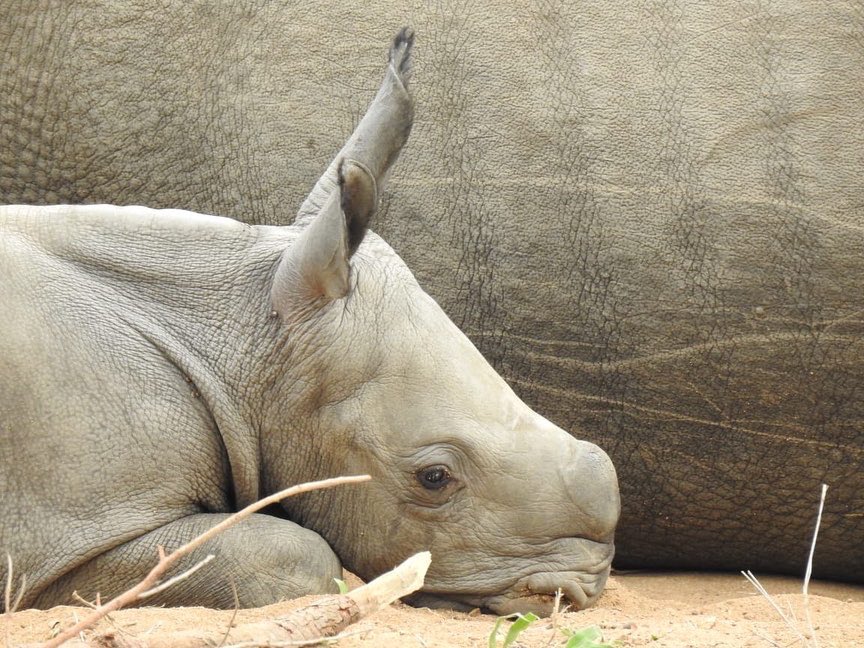Not every poacher is after rhino horn. For some, it’s dinner. For others, it’s medicine. But for rangers like Edmund Thorne, the fight is personal.
In the heart of Kruger National Park, beyond the roar of lions and whisper of acacia leaves, a different kind of predator stalks the bush, the poacher.
But so does Edmund Thorne, head of a dedicated private anti-poaching unit, who with his team walks these wild paths daily, not for game drives, but to save South Africa’s heritage.
Every Day, a New Threat
“This is a daily fight,” Thorne says with the matter-of-fact tone of someone who’s seen too much. “Every single day we’re patrolling—on foot, in vehicles, with our dogs. We never stop.”
The unit, founded with support from Mdluli Safari Lodge and private sponsors, covers a new section of the reserve each day. Tracks in the sand, twisted wire, a suspicious break in the fence, nothing goes unnoticed.
A critical part of the strategy is visibility. The team operates near local communities, and the message is clear: We are watching.
Beyond the Headlines: The Real Poaching Crisis
While rhino poaching often dominates the news, Thorne paints a broader picture. “It’s not always about horns or ivory. Sometimes it’s just someone snaring a buck to feed their family. Other times, it’s the bushmeat trade feeding markets in Joburg. And then there’s traditional medicine, leopards, hyenas, you name it.”
Despite the grim nature of the work, their efforts are paying off.
“In the last two years, we’ve only lost one buffalo to a snare in our area,” Thorne says. “Another got caught but we found it in time, treated it, and set it free.”
Outside their patrol zone, though, the picture isn’t always as hopeful.
Rhino Poaching: Organised Crime in the Bush
“Rhino poaching is a whole different ball game,” Thorne explains. “These guys are part of international crime rings. When they hit, they hit hard. It’s not about seasonality. It’s about demand and intelligence.”
When a rhino is spotted in the area, the team goes into constant monitoring mode, until it crosses into the next zone and is handed over to the wider security network.
The People Behind the Patrols
Thorne’s team is not just faces behind camouflage and K9s. They’re former security pros, wildlife lovers, and locals who’ve made it their mission to protect what little remains.
Thorne himself has a resume that spans mining security, police service, and even bodyguarding politicians. He came to Kruger for what was meant to be a six-month stint.
“That was 11 years ago,” he laughs. “I thought I’d move on, but this place got under my skin.”
Now he’s a fixture, part soldier, part bush whisperer.
A Community Challenge
Poaching doesn’t just happen in the bush. It starts in communities, where poverty, hunger, and opportunity collide. During the December holidays, for example, bushmeat poaching spikes, people are home, and mouths need feeding.
The rangers don’t just fight poachers; they fight circumstances. And some of those fights end face-to-face.
“Twice we’ve caught guys with dogs before they could catch anything. We got them before it was too late.”
Hope in the Wild
Thanks to their multi-pronged approach foot patrols, dog tracking, local visibility, and community partnerships, the snare problem in their section is shrinking.
But the work is far from over.
Thorne isn’t naïve about the dangers or the long road ahead. But he’s also not planning on giving up.
“This park, these animals, they matter. They’re worth fighting for,” he says. “As long as I’m here, I’ll be fighting every day.”
And every morning, before the sun rises over the savannah, he and his team step back into the bush. Quiet. Alert. Ready.
















